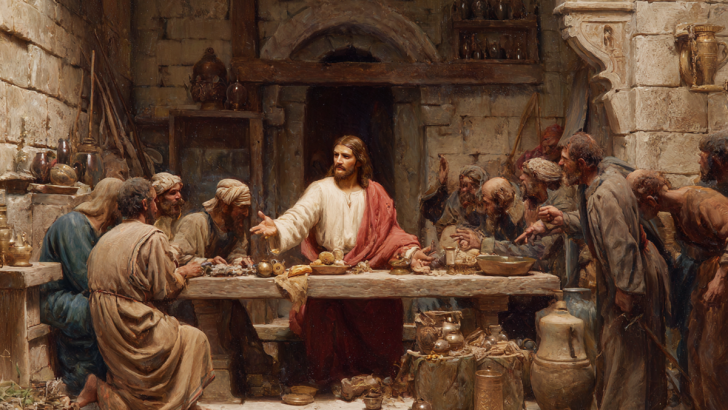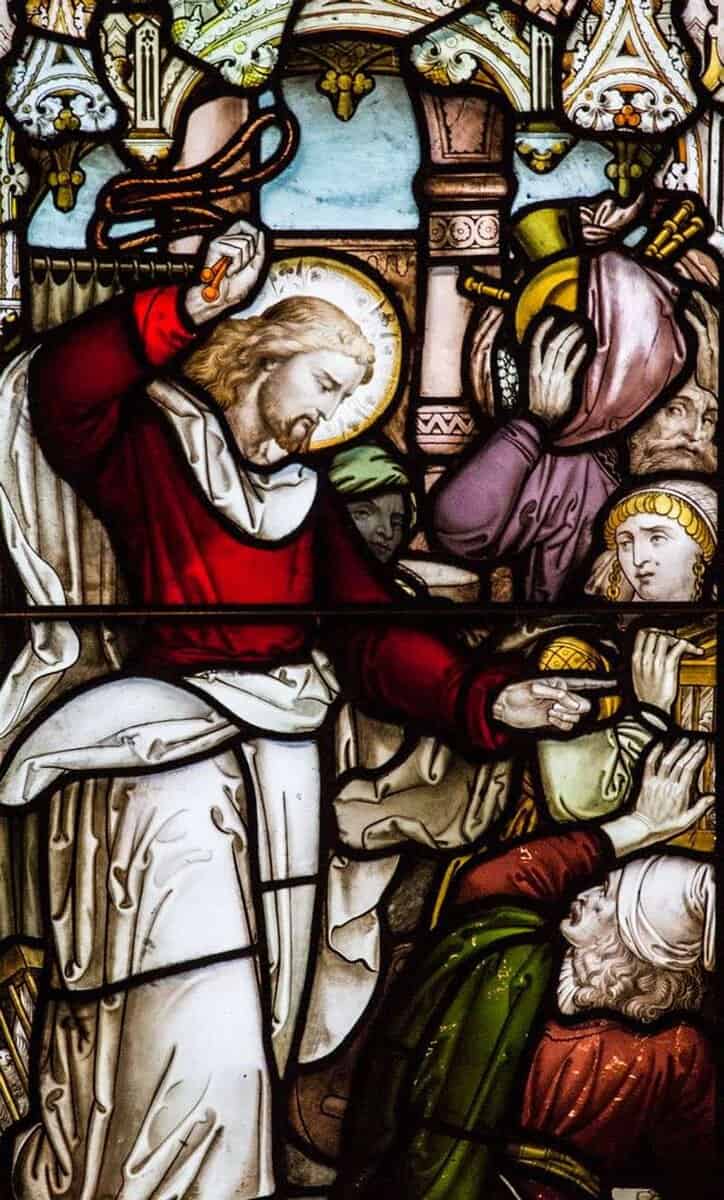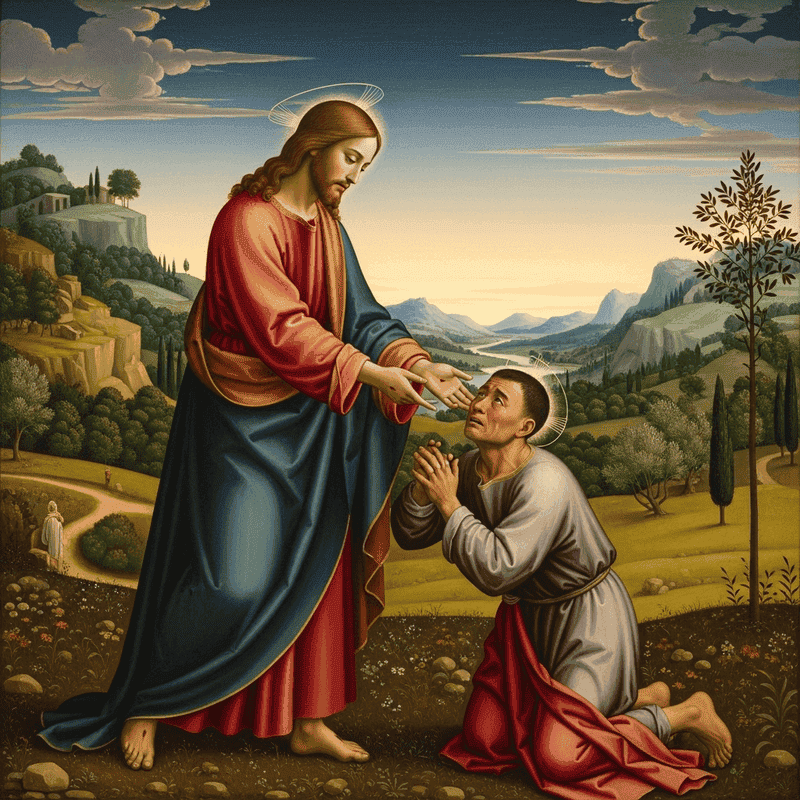Jesus Christ is known for His teachings of love, compassion, and mercy, but many people don’t realize He also challenged the religious rules of His time.
Throughout the New Testament, Jesus confronted strict traditions that religious leaders had created, often putting human need above ritual.
His actions sparked controversy and showed that the spirit of the law mattered more than following rules blindly. Understanding what Jesus did helps us see His true message about faith and kindness.
Healing People on the Sabbath Day
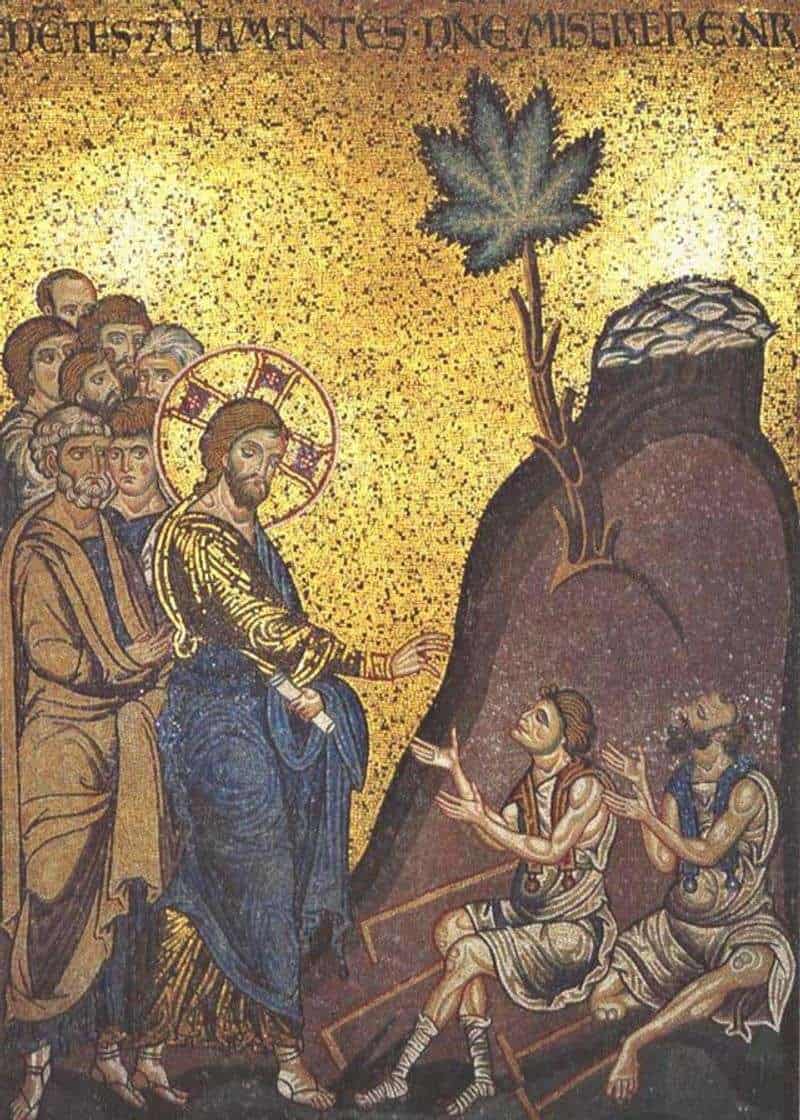
Religious leaders had strict rules about the Sabbath, insisting that no work could be done on this holy day of rest. Jesus healed multiple people on the Sabbath, including a man paralyzed for thirty-eight years. When confronted, He explained that doing good and showing mercy never takes a day off.
The Jewish authorities were furious because they believed healing counted as work. Jesus challenged this narrow interpretation by saying His Father works every day, and so does He. This showed that compassion should never be limited by rigid schedules or traditions.
His bold actions taught an important lesson: helping others in need always comes first, regardless of the day.
Touching Lepers and the Unclean
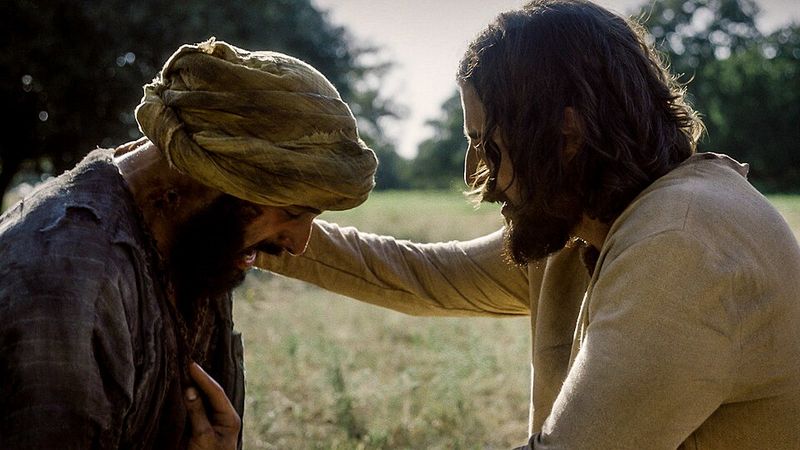
According to Levitical law, touching someone with leprosy made you ceremonially unclean and required purification rituals. Despite this rule, Jesus physically touched lepers when He healed them. In one powerful moment, a leper approached Jesus, who reached out His hand and said, “I am willing, be clean!”
This simple touch defied centuries of tradition that kept sick people isolated and shamed. Jesus demonstrated that no one is too unclean or unworthy to receive God’s love. His actions proved that purity laws shouldn’t prevent us from showing compassion.
By breaking this barrier, Jesus revolutionized how people understood God’s acceptance of everyone.
Allowing Disciples to Pick Grain on the Sabbath
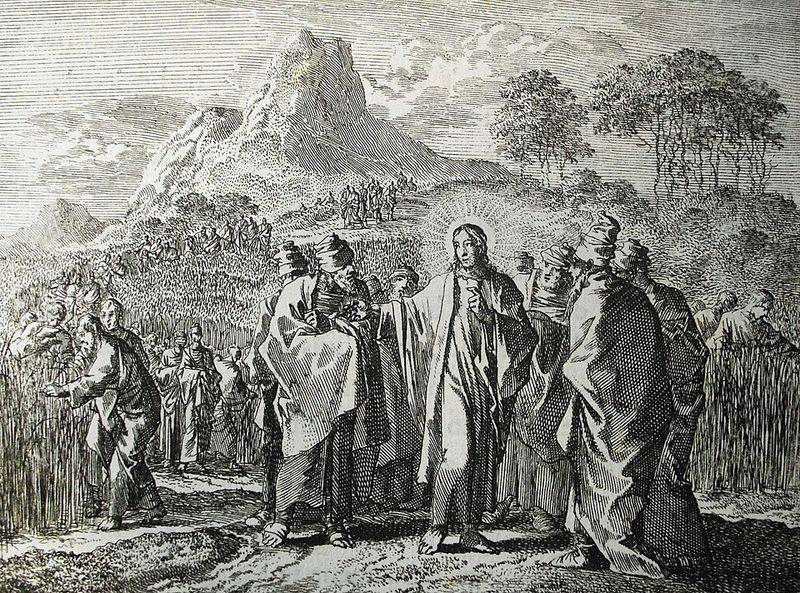
Hunger struck Jesus’ disciples as they walked through a grain field on the Sabbath. They plucked heads of grain, rubbed them in their hands, and ate the kernels. Pharisees immediately accused them of breaking Sabbath law by harvesting and threshing.
Jesus defended His followers by reminding critics that even King David ate sacred bread when he was hungry. He quoted scripture saying, “I desire mercy, not sacrifice,” emphasizing that human needs matter more than ceremonial rules. The Son of Man is Lord of the Sabbath, He declared.
This incident revealed that religious traditions should serve people, not trap them in legalistic requirements that ignore basic necessities.
Overturning Tables in the Temple
Picture this: Jesus entering the temple and finding it transformed into a noisy marketplace. Money changers and animal sellers had turned a sacred space into a profit-driven business. His response was dramatic and unforgettable.
He flipped over their tables, sending coins flying everywhere, and drove out the merchants with a whip of cords. “My house will be called a house of prayer, but you are making it a den of robbers!” He shouted. This wasn’t gentle Jesus; this was righteously angry Jesus.
His explosive action challenged the exploitation and commercialization happening under religious authority’s watch, proving that sometimes disruption is necessary.
Associating with Sinners and Tax Collectors
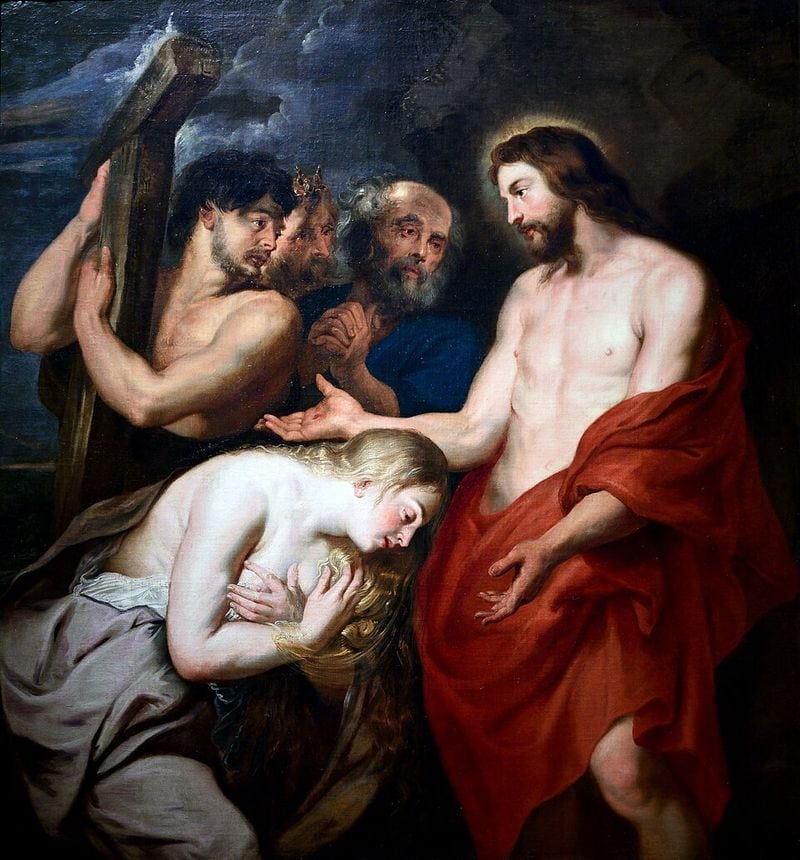
Jewish religious leaders maintained strict social boundaries, refusing to eat or associate with people they considered sinners. Tax collectors were especially despised as traitors working for Rome. Yet Jesus regularly shared meals with these outcasts.
When Pharisees criticized Him for this behavior, Jesus responded with a powerful statement: “It is not the healthy who need a doctor, but the sick.” He came to call sinners to repentance, not the self-righteous. His dinner companions included Matthew, a tax collector who became His disciple.
By breaking social taboos, Jesus showed that God’s love extends to everyone, regardless of their past mistakes or current reputation.
Forgiving Sins Without Temple Sacrifice
Jewish law required specific sacrifices at the temple for forgiveness of sins, performed by priests following detailed procedures. When friends lowered a paralyzed man through a roof to reach Jesus, He did something shocking: “Your sins are forgiven,” He declared.
Religious teachers immediately recognized this as blasphemy because only God could forgive sins. Jesus bypassed the entire sacrificial system and temple authority. To prove His authority, He then healed the man’s paralysis instantly.
This moment demonstrated that Jesus possessed divine authority to forgive sins directly. He didn’t need rituals, sacrifices, or intermediaries—His word alone was sufficient to cleanse someone spiritually.
Redefining Ceremonial Cleanliness and Food Laws
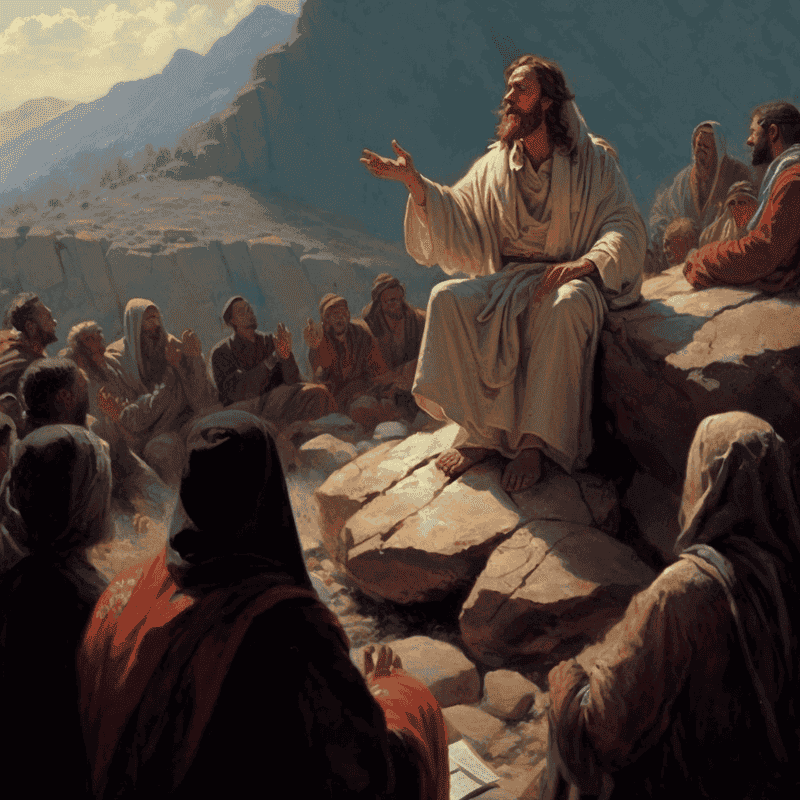
Kosher dietary laws defined what Jews could and couldn’t eat, with elaborate rules about washing hands before meals. Jesus challenged these traditions by teaching that external things don’t defile a person—what comes from the heart does.
“Nothing outside a person can defile them by going into them. Rather, it is what comes out of a person that defiles them,” He explained. This statement essentially declared all foods clean, though His disciples didn’t fully understand until later. He prioritized inner purity over outward ritual.
His revolutionary teaching shifted focus from external religious observance to internal moral character, fundamentally changing how people understood holiness and God’s requirements.
Lover of good music, reading, astrology and making memories with friends and spreading positive vibes! 🎶✨I aim to inspire others to find meaning and purpose through a deeper understanding of the universe’s energies.

